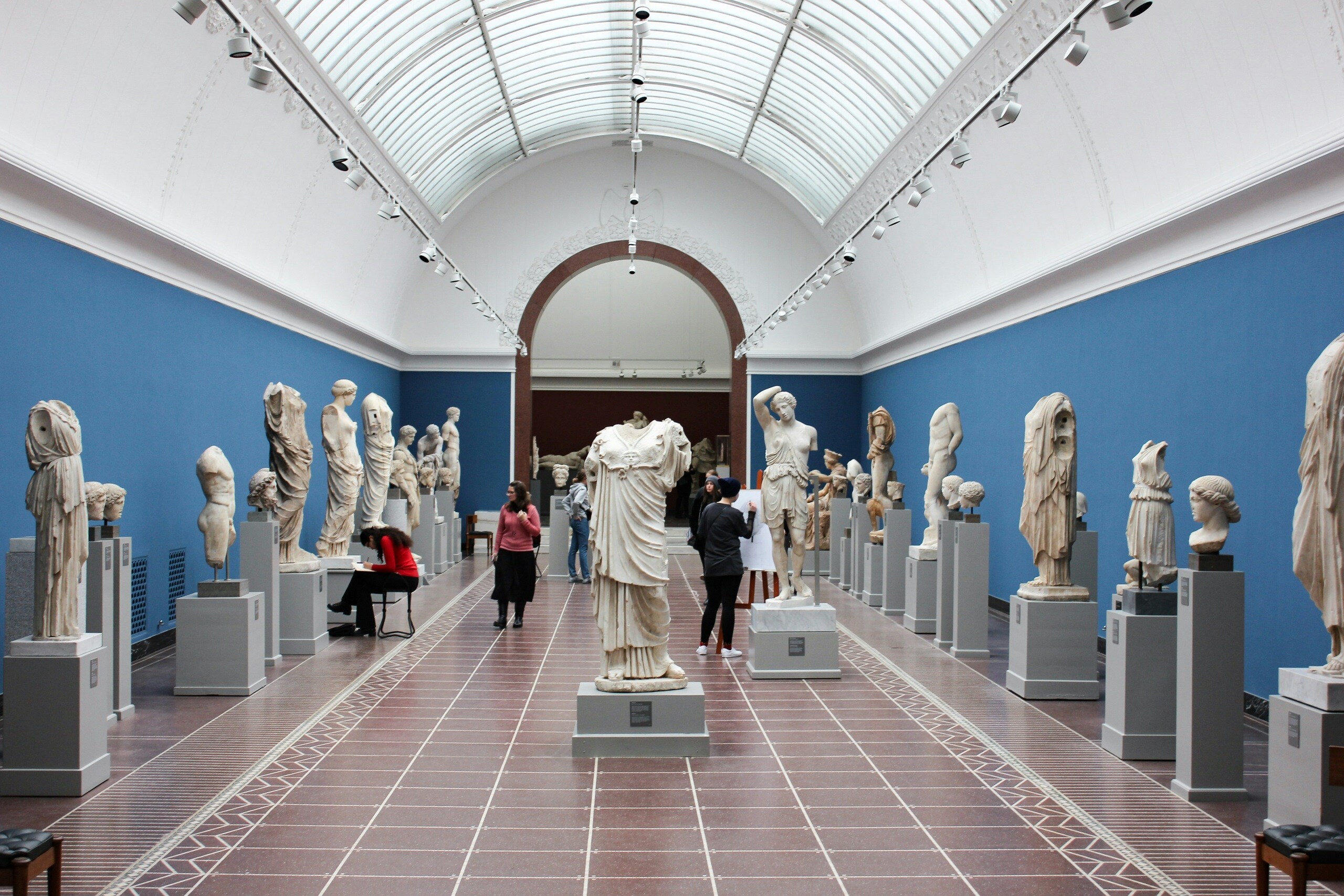
- Services
- Sector
- Languages
- Individuals
- About us
- Contact us
- Services
- Sector
- Languages
- Individuals
- About us
- Contact us
4.8 out of 5 Based on 2249 reviews

Every business has a story to tell, but few of us tell our stories as lavishly as film makers. When movie studios allocate budgets they know costs will keep rising long after the cameras stop rolling. Marketing expenses routinely run into tens of millions of dollars, and the rewards for successful campaigns are huge. 2017’s most popular film, a live action version of the classic fairy tale “Beauty and the Beast” has generated over $500 million in ticket sales in the United States. But it made even more overseas, pushing its global revenue to $1.25 billion. Vast sums have been generated in Asia, with native speakers of Mandarin and Japanese attending in droves. How have they been persuaded to spend money on a product that, on the surface, appears to have been designed with English speakers in mind?
When providing movie subtitles or conveying a marketing message in a second language we need to consider cultural variations in terminology, phrasing and colloquialism. We need to check symbols, graphics, pictures, colours and general layout for their cultural applicability. And we need to be sure that the length of the subtitles won’t change in a way that impacts on the final presentation.
Text expands and contracts in different ways and for different reasons. Terminology, grammar and sentence structure are all factors, and translated text may not fit into the existing artwork. A thousand words of Arabic translated into English will, on average, convert into 1,250 words, while text translated from English to Japanese may expand by anything up to 60%. Increased character height may mean that spacing between lines of text need to be greater than in the original document. The right translation partner will take all of this into consideration.
They will also understand that what appeals to one audience may leave another cold. That becomes clear when we look at some different interpretations of familiar movie titles.
The charming “Finding Nemo” was rebranded as the rather less innocent “Seabed General Mobilization” for a Chinese audience.
The funny but suggestive sequel to “Austin Powers: International Man of Mystery” was made more palatable for Malaysian viewers by the title “The Spy Who Behaved Very Nicely Around Me”
And when “Meet the Parents” was screened in Thailand, the title “Zany Son-in-Law, Sour Father-in-Law” told people exactly what to expect from the leading characters.
Know your audience. Speak to them in terms they identify with and doors will open for you.
Translators need to walk a fine line between metaphor and muddle, and professionals will walk that line with consummate skill and judgement. A message designed to engage the senses will need the most careful attention. It will inevitably include phrases, acronyms and shortcuts that only a skilled linguist will use correctly. Don’t confuse or alienate your audience by cutting corners. Engage their attention and win their loyalty with Absolute Translations.

Publishing a book to an international market is a fantastic opportunity. It is a huge career milestone t...

Think of the work involved in creating museum exhibitions. The concept development, design, fundraising,...

Think of the work involved in creating a stellar marketing campaign. Market research, competitor analysi...
As part of our ongoing efforts to protect the environment for future generations, Absolute Translations is proud to have achieved carbon negative status!
